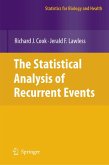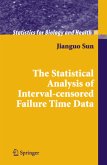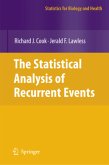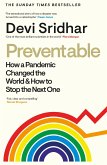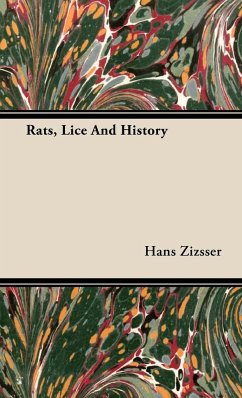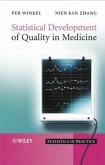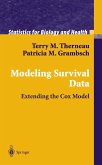If you think that statistics has nothing to say about what you do or how you could do it better, then you are either wrong or in need of a more interesting job. Stephen Senn explains here how statistics determines many decisions about medical care, from allocating resources for health, to determining which drugs to license, to cause-and-effect in relation to disease. He tackles big themes: clinical trials and the development of medicines, life tables, vaccines and their risks or lack of them, smoking and lung cancer and even the power of prayer. He entertains with puzzles and paradoxes and covers the lives of famous statistical pioneers. By the end of the book the reader will see how reasoning with probability is essential to making rational decisions in medicine, and how and when it can guide us when faced with choices that impact on our health and even life.


